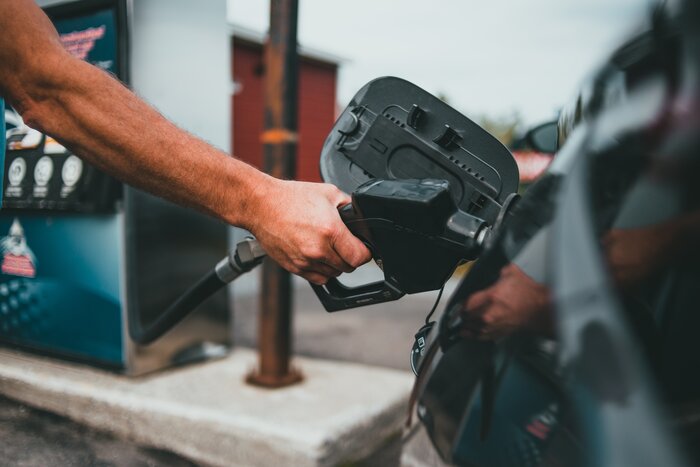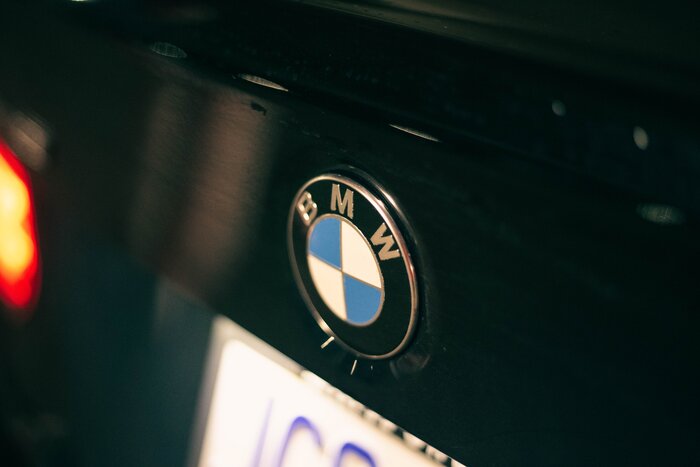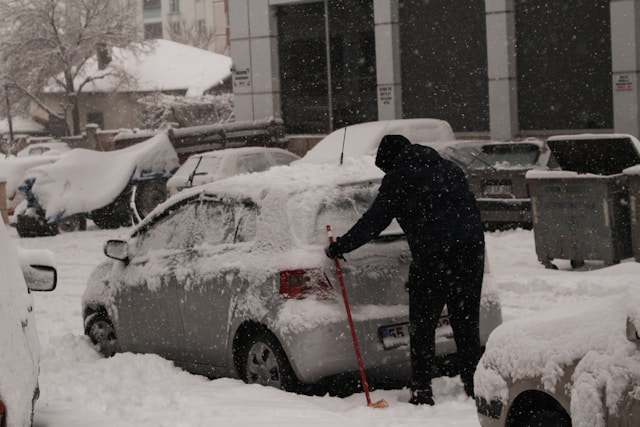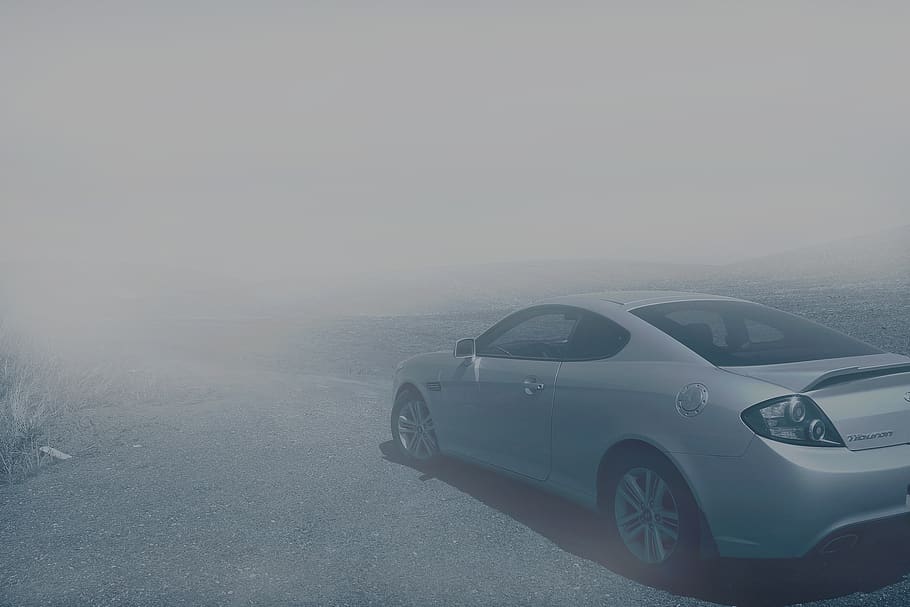It can be tricky to diagnose wheel bearing noise since it is often mistaken for tire noise. Although a noisy wheel bearing may be the real cause of the noise, narrowing it down to which wheel is at fault can be difficult.
A wheel bearing's primary purpose is to reduce friction between the wheels. The bearings start cooling off upon stopping a vehicle, and a vacuum is generated when the lubricant, air, and metal contact forms.
The vacuum should be held in place by the seals. If the seal is not intact, the sealed hub or bearing will begin to draw in outside air, including water and other contaminants. If this happens, bearings may suffer damage and become noisy.
What Causes Noise From Wheel Bearings?
The wheel bearings are always moving and are attached to the wheel. While driving, the wheels contact the road, which can cause strange noises or damage the wheel bearings. Here are the top 5 reasons why your wheel bearings are noisy.
1. Improper Installation
Having recently replaced your wheel bearings, it would be very strange to be experiencing problems with them. It can only be concluded that the bearings were damaged due to improper installation or installation against the manufacturer's recommendations.
2. Driving Through Deep Water
Engineers design seals on wheel bearings to release pressure from the bearings. At the factory, they are lubricated with petroleum-based lubricant. Water can still get through because the lubricant does not prevent it from getting through.
In other words, if you drove your car on a street that was flooded with water, your bearings would be exposed to moisture. In that case, it mixes with the lubricant and renders it ineffective, resulting in excessive friction and eventual bearing damage.
It is also impossible to repair or service a modern wheel bearing. If your wheel bearing is damaged by water, you must replace it entirely.
3. Driving On The Rough Roads
The entire weight of the vehicle is transferred to the wheel bearings. A bumpy curb or pothole could cause significant damage to the wheel bearing and easily be subjected to damage due to hitting something. The ball bearings will likely be forced into the race, the grooved ring where the bearing sits. These imperfections lead to poor performance of the bearing.
The car will generate more heat and friction if you continue driving with these bad bearings. As soon as the heat rises, tiny pieces will fall off, which will pollute the lubricant and cause the wheel bearing to fail sooner than expected. However, it may take some time before the failure is apparent.
4. Unbalanced Tires or Bad Shocks
Several components play a role in the wheel system: the wheel bearing, the tire, the lower arm, the lower joint, and the knuckle arm. Having unbalanced tires might cause damage to other parts, which will cause the wheel bearing to make noise.
5. Accident On or Near the Wheel Area
There is constant movement in wheel bearings, and they are connected to all the other parts discussed in the previous point. As a result, if an accident occurred in the wheel area, the wheel bearing would likely also be damaged, and then the noise would be heard.
What Does a Bad Wheel Bearing Sound Like?
Damaged or broken wheel bearings can make your car sound like you're driving over a rumble strip on the roadside. It won't be very loud at first, but it will become more noticeable as the bearing deteriorates.
The wheel bearing noise is similar to the sound of a playing card hitting the spokes of a bicycle wheel as a kid.
Drive at thirty to forty mph on an empty road, steering slightly left then right to make it seem like you're weaving safely in your lane.
When you make that turn, you will be more aware of the wheel bearing noise (especially in front) because physics allows more weight to be carried by one side of the vehicle. In addition, this can help diagnose which wheel has a bad bearing and therefore is causing the noise.
How to Diagnose Damaged or Noisy Wheel Bearings
You can raise the vehicle by using a jack to raise the tire. Next, move the tire in a vertical direction before moving it horizontally. Wheels that wobble or have some free play might damage the bearing.
Wheel bearings tend to generate varying amounts of noise. Depending on the level of damage, you may hear different noises.
There is also a possibility that speed contributes to wheel bearing noise. Sometimes you may hear a noise as you drive at 60 mph, but the noise disappears when you accelerate to 65 mph.
A bearing may suffer just a small amount of damage before it fails. For this reason, it may not be immediately noticeable.
Whenever you feel excessive play, as described above, you will be able to tell. Pushing or pulling on the wheel should cause it to move. Take your car to a tire or repair shop to be looked at by a professional.
You can find out if the wheel bearing has been damaged or if another part, such as the wheel rim or tire, has been damaged.
Are you interested in learning more about cars and their maintenance? Head over to the KeepDriving website and check out our blog post on how insurance works for autonomous cars.







